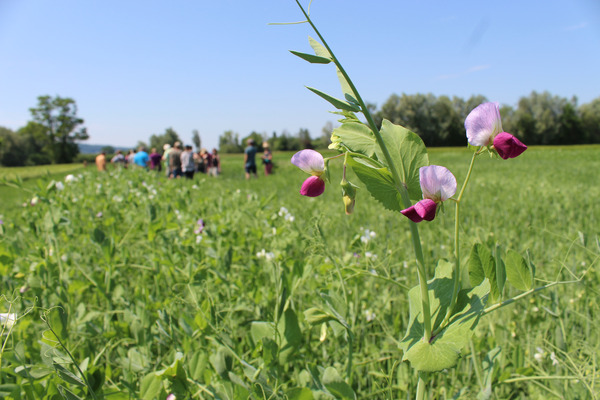Digital tools are rapidly transforming agriculture, offering the promise of more efficient resource use, improved farm economics and—if implemented thoughtfully—a meaningful boost for agroecological practices. As part of PATH2DEA, more than 500 farmers, advisors and farming organisations from 16 European countries shared their experiences through surveys, workshops and a roundtable in Brussels. Their insights provide a clearer picture of where digitalisation delivers real benefits, and where concerns and barriers persist.
Farmers reported that the most widely used tools are the simplest: digital record-keeping, weather monitoring and basic communication platforms. Use drops significantly when it comes to more complex tools such as AI-assisted automation or advanced decision-support systems. High costs, poor connectivity, steep learning curves and unresolved questions around data ownership were cited as major obstacles. Farmers emphasized the need for trustworthy advisory services and peer-to-peer support and called for tools that are compatible with existing equipment to avoid costly upgrades. They also call for a co-design of the tools.
Policymakers, NGOs and farmers' organisations also weighed in. Their views converged around the importance of trust, data protection and supportive infrastructure. While NGOs advocated farmer-led data ownership and inclusive technological development, representatives from farmers' organisations warned of risks such as the erosion of farming traditions, increased corporate control over data, and the marginalisation of smaller farms. They stressed the need for technologies adapted to the realities of small-scale operations and for licensing models that ensure fair use of data.
Digitalisation is here to stay; the challenge is to shape it so that it strengthens, rather than sidesteps, agro-ecological principles and small and diversified farmers. Policy has a crucial role in this, making sure data serves all. Large companies can also help build capacity in smaller farms and contribute to a fairer transition of agriculture. PATH2DEA's findings show a clear path forward—one that puts farmers in the driver's seat and ensures technology serves people, not the other way around.
If you're interested in the full article in German, you can get in touch with joelle.herforth(at)fibl.org.

 tap and then scroll down to the Add to Home Screen command.
tap and then scroll down to the Add to Home Screen command.